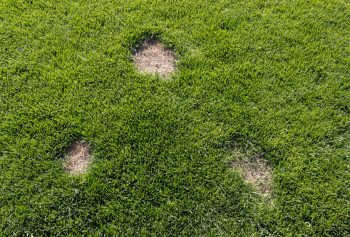
Lawn fungus can be a persistent and
Our North Texas climate is most conducive to these 3 popular grass types:
Bermuda, Zoysia and St. Augustine.
Ryno Lawn Care, LLC is here to help you learn what they have in common, as well as the specific needs of each breed.
All three breeds fare well in the Texas heat, and need around an inch of water per week.
Additionally, they thrive with 5 to 8 applications of fertilizer per year. However, there are some minor differences between the three grasses with these topics, as well as with mowing practices and sun exposure.
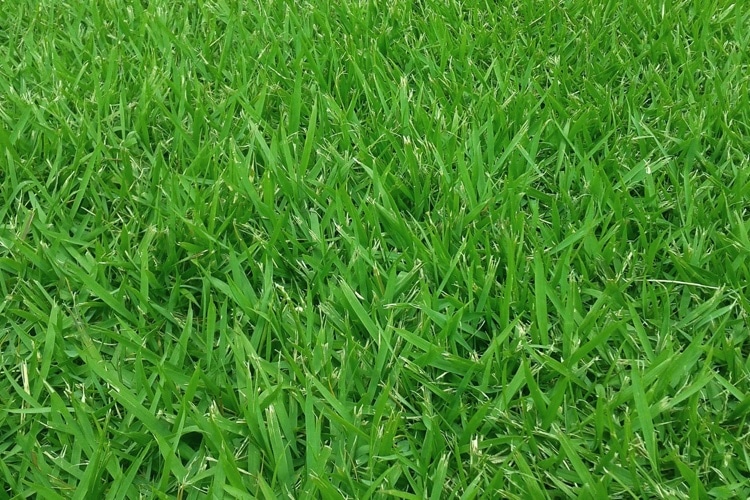
This turf is dense with narrow blades, usually a bright and rich shade of green.
Of our 3 grass types Zoysia requires the least amount of nitrogen.
Check the compound ratios on the fertilizer packaging to be sure you're selecting the right balance of chemical compounds.
Zoysia grass only needs 3/4-1" of watering per week.
Normal mowing practices are fine for this grass, and it thrives in partial or dappled shade, needing moderate sun exposure.
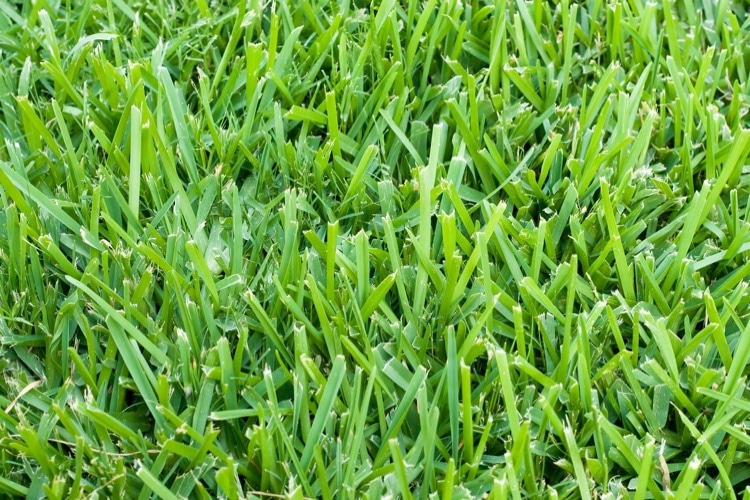
St. Augustine is dense with broad blades that are typically a deep shade of green.
It requires moderate nitrogen for fertilization and about an inch of water per week.
As with most ground covers, you'll want to mow it to about 1.5 inches form the ground. Be sure you provide up to 1 inch of water per week, especially in sandy soils.
Striking right down the middle with mowing, watering, and fertilization, this resilient breed thrives in a variety of settings. However, it does require almost full sunlight, so be sure your landscape accommodates this factor.
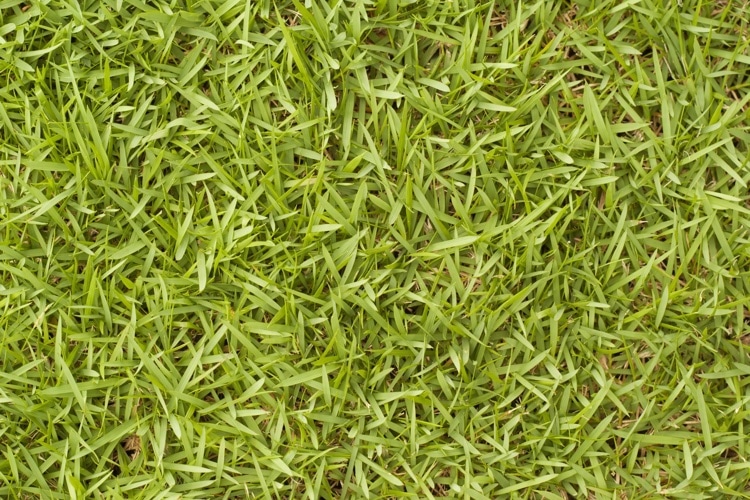
This breed offers a moderate texture and ranges from bright green to a bluish hue depending on the subtype.
Of the three turfs we're discussing, bermuda requires the most nitrogen-rich fertilizer mix.
Bermuda grass actually favors a shorter cut than the others, thriving at about an inch high.
You want to make sure it gets 1-1.25" of water per week, and possibly a bit more in sandy soils. Bermuda grass needs very little direct sunlight, making it a great choice for neighborhoods with mature trees and thoroughly shaded lawns.
Ryno Lawn Care, LLC
1740 N Stemmons Fwy
Lewisville, TX 75067
Mon-Fri: 8am- 5pm

Lawn fungus can be a persistent and
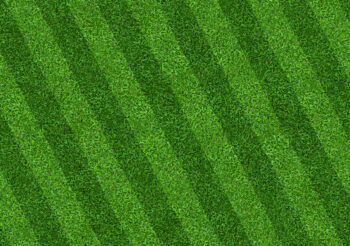
When it comes to maintaining a beautiful
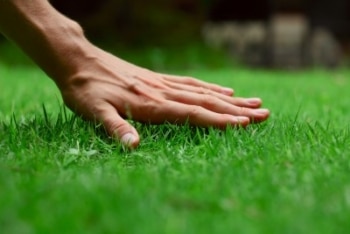
If you’re looking to achieve the perfect
Copyright © 2009-2022 | Ryno Lawn Care – Site Powered by Green Jay Media